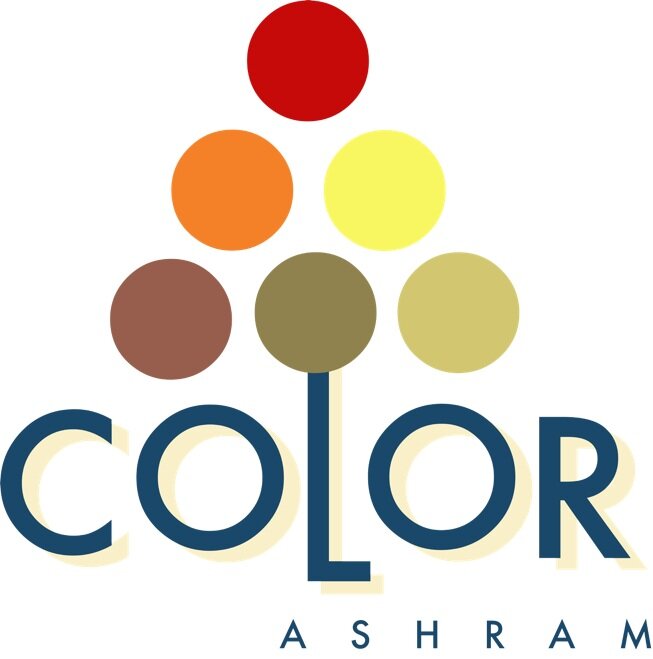Dead end: Consumer Apathy
Not to dictate consumers what to care about, but make sure that empathy is alive in them, and they realise how their choices can impact our lives and our ecology. It starts with knowledge of how a product was made, in this case, how is color made and what does it do to the water and our health, amongst many other factors.
“People don't want to know all this information--it's too complicated, too much information”
Camouflaged:
One of the strongest emotions is disgust, a vital reaction for the survival of any species. Nature has hard wired the brains of all mammals to recognize the smell, taste, and look of things that are toxic or otherwise nauseating.
Today our products are so well camouflaged that we do not know anymore what goes behind the making of the products, their beautiful colors and what it can do to our ecology and health.
"Shoppers are distracted, thinking about life's preoccupations.That lowers the capacity of their working memory, what they can hold in attention. They don't have the cognitive ability they would if they were paying full attention. When we're distracted, our inhibitors for emotional impulse are weaker and we give in to whatever we are told by the advertisements and packaging, never thinking about reading or verifying information or finding a low- impact product.
Consumers interest and shift in mind set can drive innovation in industry, in this case, the application of natural color instead of synthetic petroleum based and heavy metals
What information exists that I need to be aware of ?
What are the costs of changing ?
Why change ?
Do we really want to know ?
What if I have no time or energy to do anything about it?
Is the change worth it ?
What are the logistics of change ?
How would we have to change our thinking ?
Do we care about it ?
What would we lose if we ignore this?
What’s the harm that synthetic colors can cause?
"We want to revolutionize consumption, and thereby global supply chains”
Role of a Consumer: Know your impact, favour improvements, share what you learn. It can spread like a wild fire and reach the brand that follows your interest and cares for what you want.
Response of a brand: I want to make products that the consumer will buy. How customers perceive a product matters more than how manufacturer sees it. I can tell the manufacturer to use natural colors if that is what is needed to be a part of the revolution in color application.
Long term benefit plays a very small role in choice
"We know brand and price, and think we know quality. But no one knows what's behind the label, what the product actually does to us or the planet. We want to pull back the veil of brand and go far beyond what the company tells you. What ingredients are health concerns? How far did it travel? How were workers treated?"
We want rapid changes in styles, which in turn drives factories to the risky practices that lead to workers getting hurt. And what drives that? It's we consumers, who want the hottest, newest styles as quickly as we can and at the lowest cost. It comes down to us, to you and me.
We are hardwired to focus on short term benefits at the expense of long term impact on health of humans as well as environment
Source: Ecological Intelligence

